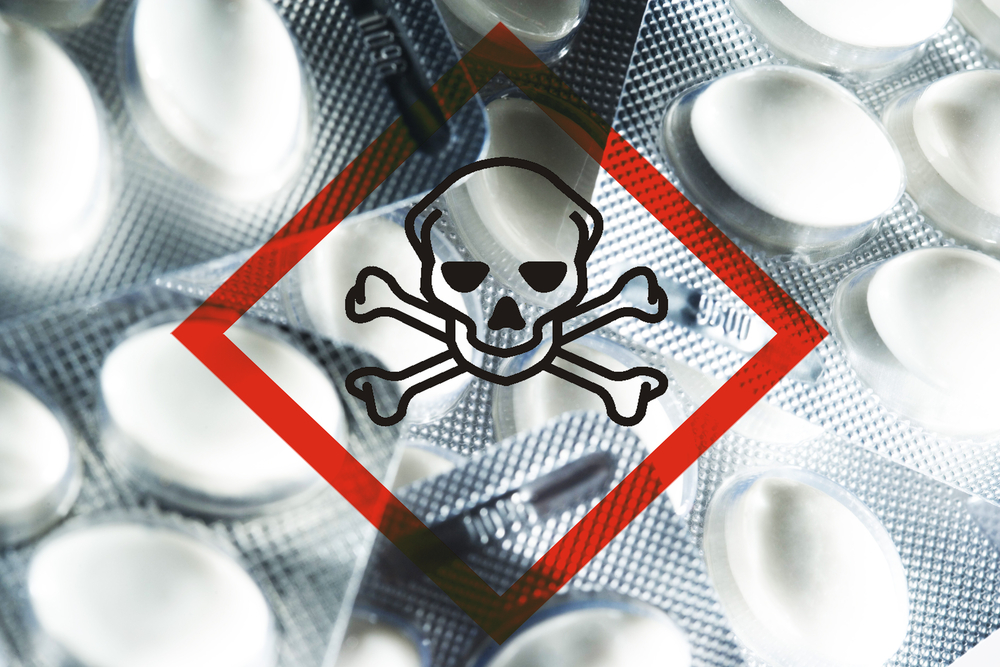Blockchain technology has been touted as the long-needed antidote to the poison that is counterfeit drugs, and the Indian government is exploring its potential through its national policy think tank, NITI Aayog. Fake drugs are a huge problem in India, a problem which is growing every day. Blockchain technology could bring an end to this scourge that has led to many serious health complications and, in some instances, death.
Proof Of Concept
The National Institution for Transforming India (NITI) is looking to have a proof of concept solution completed by the end of the year and roll it out beginning next year. According to one of its officials, NITI has already identified a company that will develop the technology. The next step will be to identify a partner to do the proof of concept on the blockchain.
Although this proof of concept solution has yet to be officially rolled out, officials have stated that it will involve the generation of a unique identification number during the manufacturing stage. This number will allow any interested party to track particular drugs from manufacture to consumption. This will even extend to consumers who, upon receiving any drug, can scan its code using a mobile app and be able to determine whether the drug is genuine or counterfeit. Every time a drug is sold, its unique number is irrevocably altered on the ledger to indicate that it has been sold.
Blockchains will also be used in other health processes to increase transparency and ensure quality. They include pharmaceutical serialization, health records management, infectious disease reporting, clinical trial results, and vaccination history management.
NITI is also researching the use of Internet of Things devices to monitor the shipment of clinical supplies to ensure that they maintain their quality, and those whose quality is compromised can be easily recognized and prevented from being used. An example is a device that will monitor the temperature in a shipment and, if the conditions necessary for optimal quality are lacking, automatically convey the message to the blockchain. The relevant parties are then alerted so that the supplies are not used on patients.
The Challenges
This process is not without its challenges, the first of which is the costs involved. In India, barcode scanning is not popular, and this would require the industry as a whole to invest resources in procuring devices which would bring with them additional costs.
Through its secretary general, D.G. Shah, the Indian Pharmaceutical Alliance has appealed to the government to keep the costs in mind when implementing its blockchain-based solution. The government should recognize those extra costs and compensate the industry, Shah suggested to a local news website.
The counterfeit drugs issue is huge in India, with 20% of the drugs on the market believed to be either copycats of real brands or just plain fake drugs which have no medicinal value. The World Health Organization estimates that globally, over 10% of consumed drugs are counterfeits, with the percentage being even higher in low-income countries. These fake drugs lead to the deaths of more than 1 million people every year.

